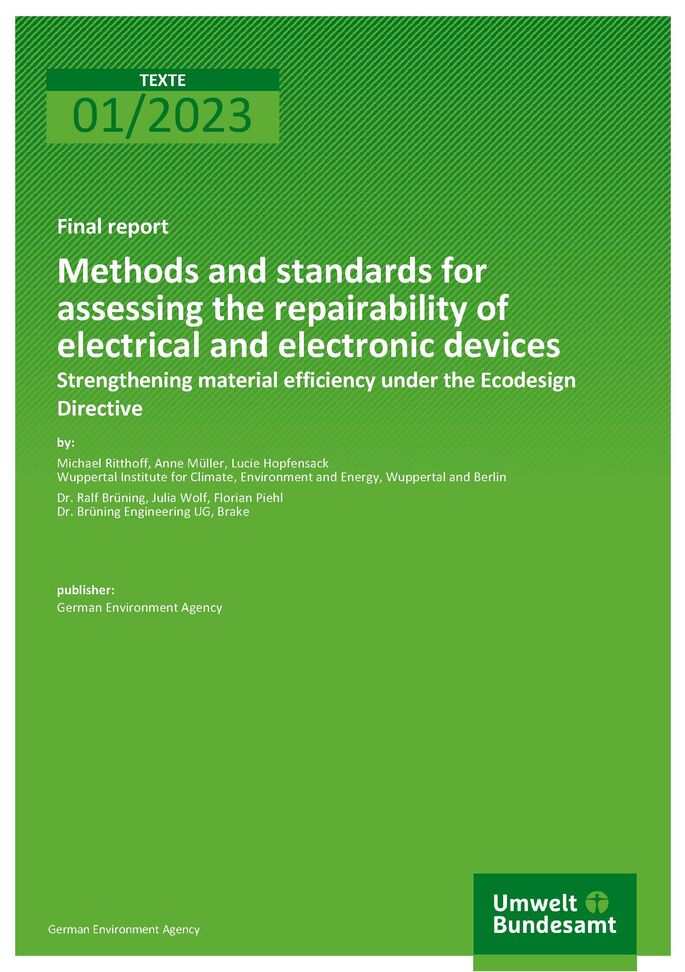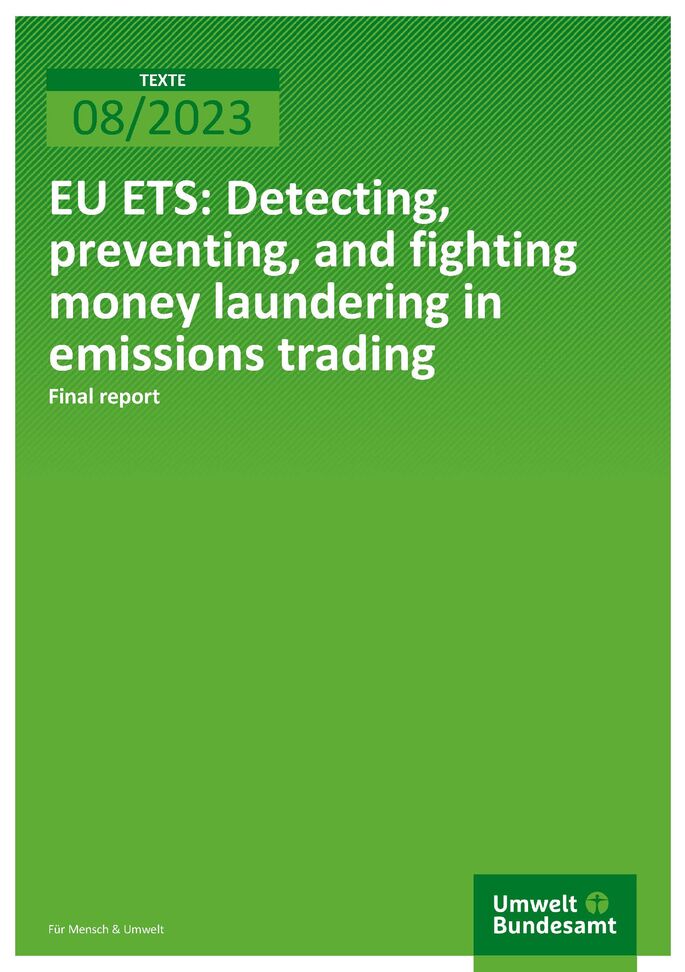News
The revision of the Ambient Air Quality Directive 2008/50 EU: Recommendations by the German Environment Agency (UBA)
Scientific Opinion Paper
In preparation for revision of the AAQD, UBA published a scientific opinion paper that covers possible aspects for improvement in European air policy in light of new research and data:
Our projections find that, only for PM10, CO and SO₂, WHO Air Quality Guidelines level can be met with cost-effective measures by 2030. However, we consider it necessary to continuously improve air quality beyond 2030. Modifying the governance structure will play an important part in achieving the long-term goal of aligning all relevant pollutants with the most stringent WHO Air Quality Guideline level.
Not only human health but also ecosystems are endangered by current air pollution levels. Therefore, the AAQD should consider the protection of ecosystems from ozone.
Air quality assessment should be improved by allowing for state-of-the-art monitoring methods and mandatory use of quality proven chemical transport models (CTM). We also propose to make the use of CTM mandatory in air quality planning.
Furthermore, we propose criteria for binding and non-binding air quality standards as well as a monitoring strategy beyond compliance checking. In particular, we consider it necessary to introduce mandatory monitoring for Ultrafine Particles and Black Carbon. The considerations are based on the German situation but may be extrapolated to many other European Member States.
Scientific Opinion Paper: Considerations on the Revision of the Air Quality Directive 2008/50 EU
Event in the European Parliament
On 24 January 2023, the UBA together with MEPs Michael Bloss (The Greens/EFA) and Javi Lopez (S&D) from the Committee on the Environment, Public Health and Food Safety organized a breakfast session in the European Parliament on the revision of the Ambient Air Quality Directive (AAQD). More than 50 policy makers, advisors and experts from the European Parliament, the European Commission, Member States and civil society participated in the event. Lilian Busse (UBA), Francois Wakenhut (DG Environment), Maria Neira (WHO), Johan Safont (Swedish Environment Agency) and Margherita Tolotto (EEB) discussed how a revision of the AAQD could improve the state of public health and ecosystems.
The upcoming European Soil Health Law: UBA suggests comprehensive approach
UBA has long been arguing for a comprehensive European approach to soil protection. In light of the upcoming Soil Health Law, we prepared a Scientific Opinion Paper that includes our recommendations to reach the goal of healthy soils by 2050:
Member States should be required to take immediate action to the most urgent soil degradation issues, e.g. soil carbon loss and pollution.
Common definitions and workable indicators, as well as a monitoring programme on EU-level for soil health and land take are key to provide the necessary information on the state of soil in different Member States and regions. In addition, retrospective and prospective assessment of soils need to based on coherent and complementing frameworks.
The Soil Health Law should support the transition to sustainable soil management by defining sustainable practices in soil management and put non-deterioration and the precautionary principle at the centre.
Both diffuse and concentrated soil pollution at contaminated sites continue to be a challenge in many regions in the EU. The Law should support Member States in preventing and managing pollution and in applying the polluter-pays-principle.
Finally, the Law should support Member States in reaching the ‘no net land take’ target.
Scientific Opinion Paper: The upcoming European Soil Health Law – chances and challenges for an effective soil protection
Interesting reads on German policy
UBA proposes to use revenues from national ETS to finance flat-rate climate dividend and support programs for vulnerable groups
Ambitious CO₂ pricing of fossil fuels via an emissions trading system is a key enabler in meeting the climate targets in the transport and building sectors. Empirical analyses show, however, that this burdens low-income households relatively more than high-income households on average. In addition, CO₂ pricing can lead to social hardship in population groups that have a very high consumption of fossil energies due to structural factors. The socially acceptable design of CO₂ pricing in the transport and buildings sectors is thus one of the central challenges of German and European climate policy.
UBA’s recent study Socially Balanced CO₂ Pricing in the Transport and Building Sectors shows that a redistribution of revenues from national emissions trading in the buildings and transport sectors to private households via a flat-rate climate dividend and specific support programs for vulnerable groups can reconcile ambitious CO₂ pricing and social compatibility. The climate dividend especially provides a basic safeguard against social hardship and can thus strengthen the social acceptance of an ambitious CO₂ price in the long term.
Socially Balanced CO₂ Pricing in the Transport and Building Sectors: English Summary (PDF)
CO₂-Bepreisung im Verkehrs- und Gebäudebereich sozialverträglich gestalten: Full study (German)



